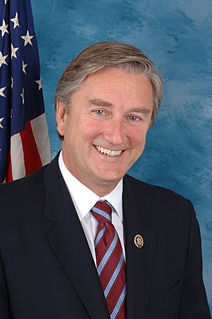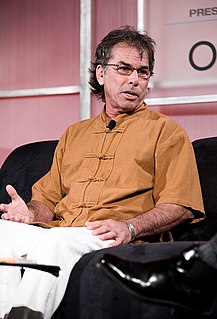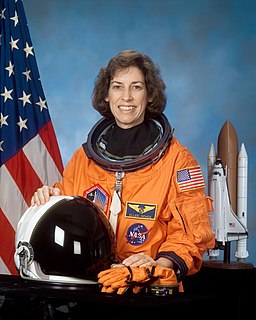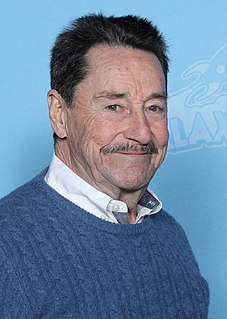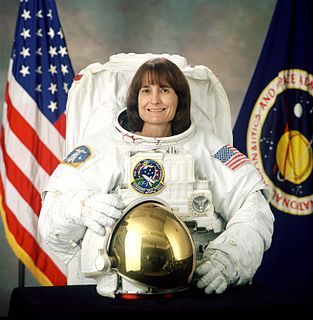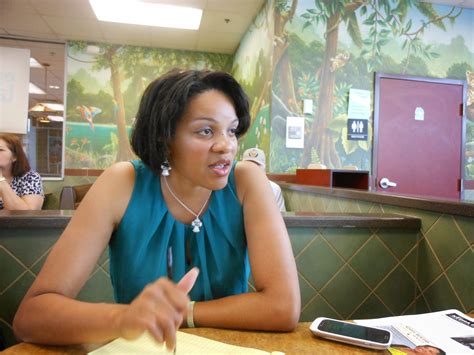A Quote by Buzz Aldrin
There's no doubt who was a leader in space after the Apollo Program. Nobody came close to us. And our education system, in science, technology, engineering and math, was at the top of the world. It's no longer there. We're descending rather rapidly.
Related Quotes
I'm always involved with the Aerospace Program and NASA and Goddard Space Flight Center. And if kids feel so inclined, they can log onto NASA and the Optimus Prime Spinoff Award, which we present every year to some of the brilliant young minds that are taking up into the academics of space, science, technology, math.


